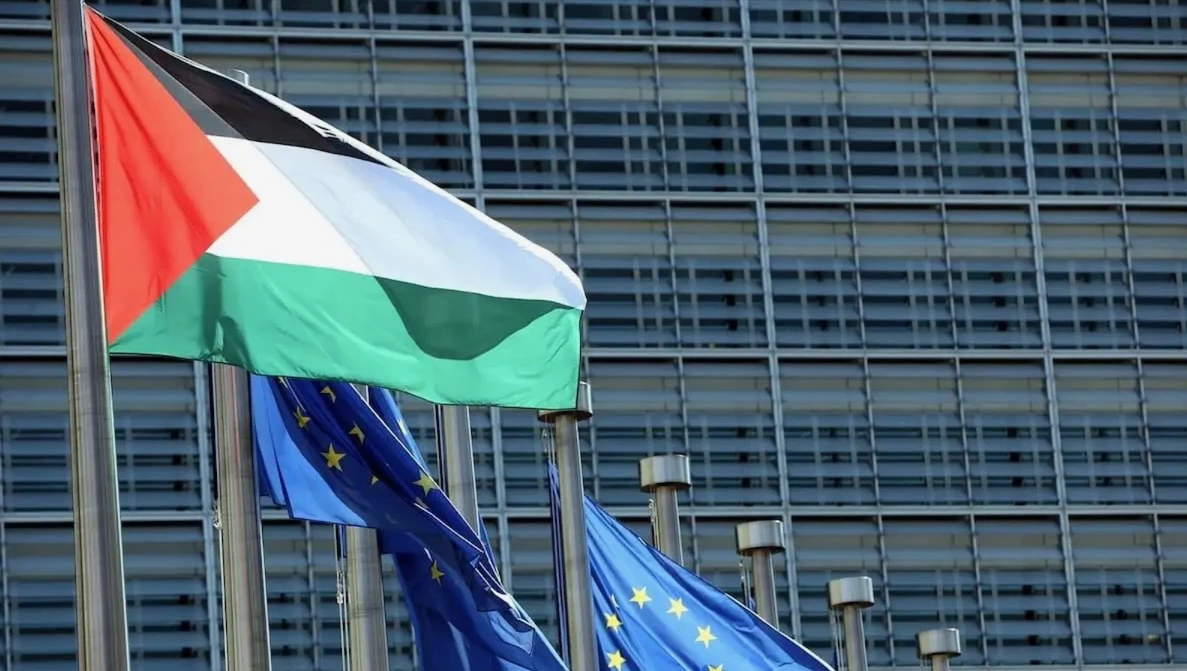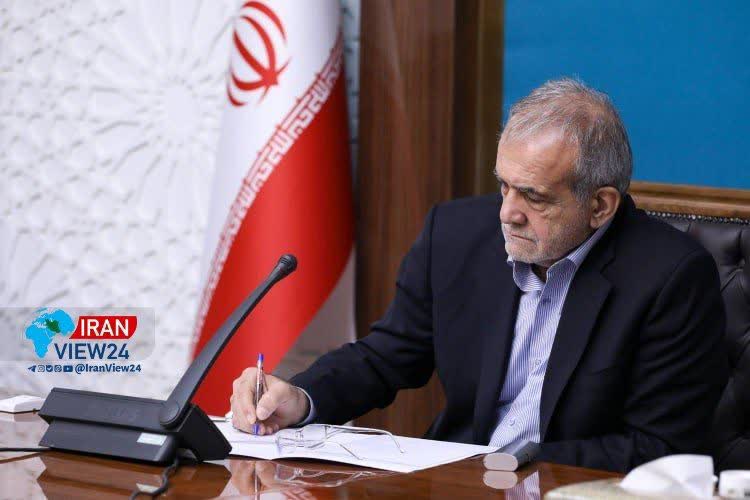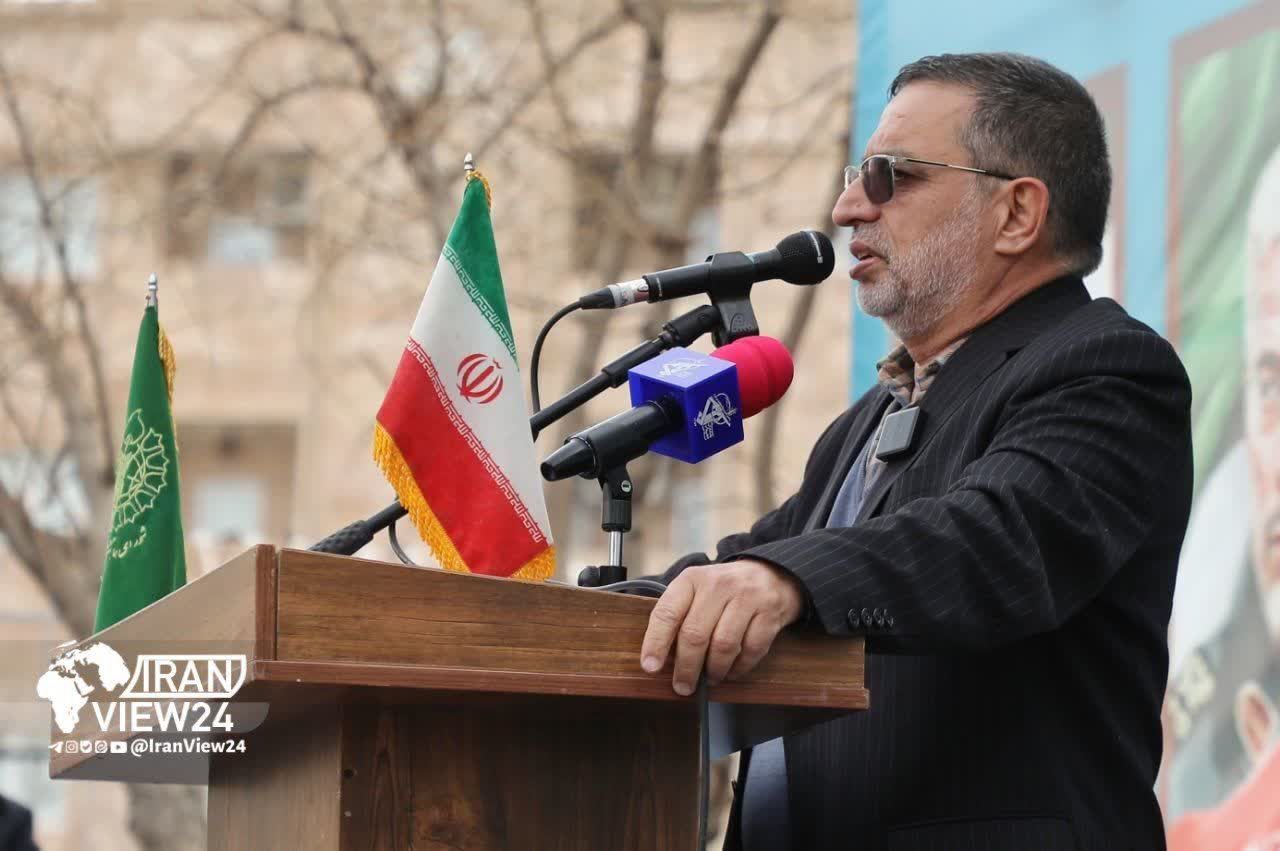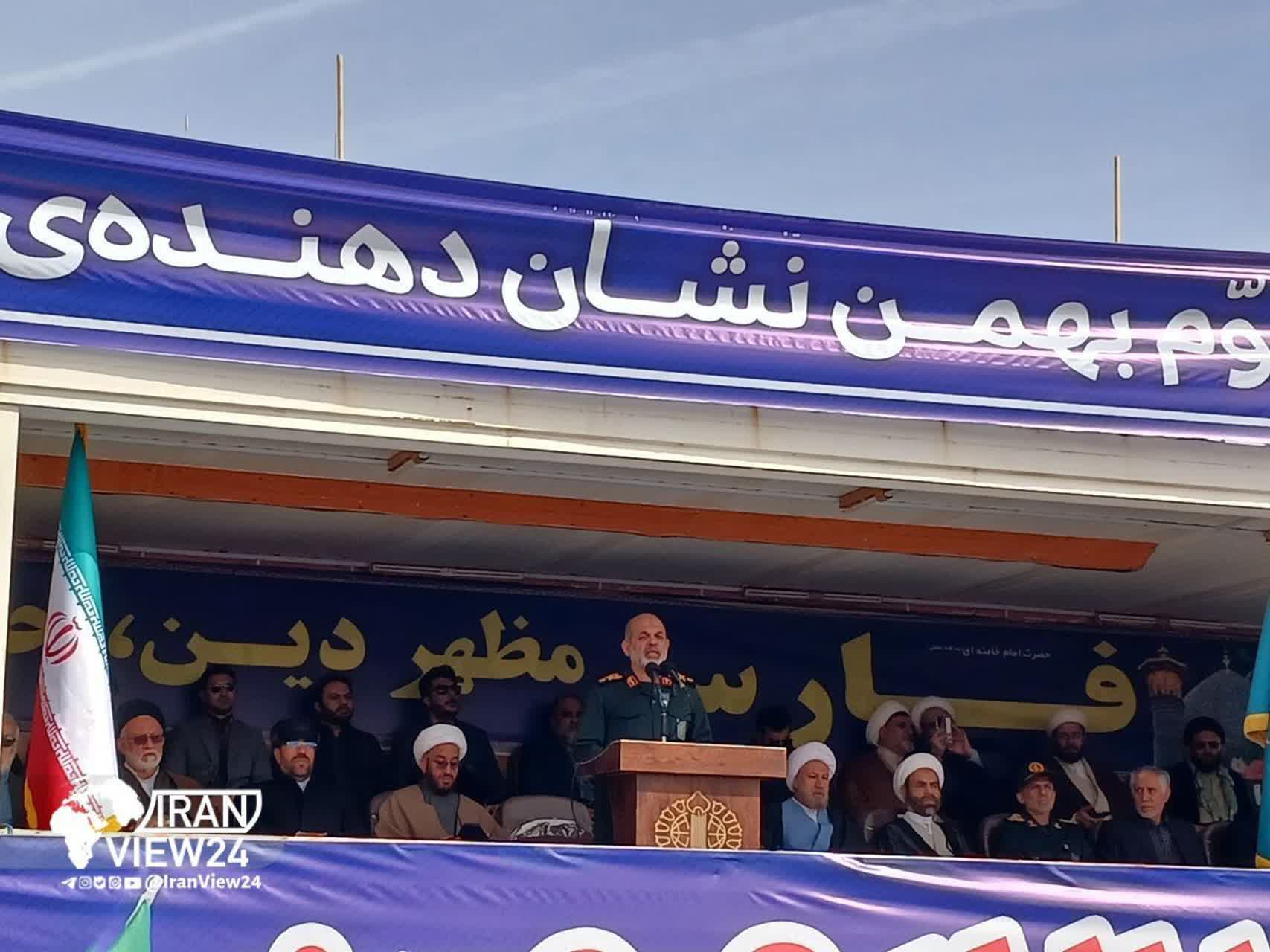The Gaza war has once again placed the Palestinian issue at the forefront of the international agenda, while the European Union faces a deep divide in its approach. France, through a diplomatic initiative supporting the two-state solution, calls for the official recognition of the Palestinian state, whereas Germany, due to historical and strategic concerns, maintains a cautious stance. This disagreement not only challenges the cohesion of European foreign policy but also significantly limits the EU’s ability to play an effective mediating role in the Middle East crisis.
Tehran-IranView24
As the war in Gaza drags on, so too does the diplomatic strain within the European Union. The most recent fracture was highlighted by France and Saudi Arabia’s call for an international conference in New York to discuss the two-state solution — a move that placed Paris at odds with its close EU partner, Germany.
France has increasingly positioned itself as a proponent of Palestinian statehood, arguing that European recognition of Palestine could revive peace efforts and rebalance years of one-sided diplomacy. President Emmanuel Macron has encouraged a growing number of EU states to take similar steps.
Germany, however, remains reluctant. While Berlin supports a two-state solution in principle, its approach remains cautious and legally conservative. Germany’s deep-rooted commitment to Israel — shaped by its Nazi past — has led to a policy of “Staatsräson” (reason of state), making recognition of Palestine a politically sensitive issue.This divergence is not merely symbolic. It has tangible implications for EU foreign policy coherence.
As more EU member states recognize Palestine (e.g., Ireland, Spain, and Norway), Germany’s intransigence becomes increasingly visible and problematic, potentially weakening the EU’s collective diplomatic leverage in the Middle East.
The intra-European disagreements extend beyond Berlin and Paris. Countries like Hungary or the Czech Republic often align more with Israeli narratives, while Nordic and Southern European states show greater sympathy for the Palestinian cause. The Union’s famed unity is once again challenged — this time by the weight of history, domestic politics, and divergent strategic priorities.Until a shared vision for Palestine emerges, Europe’s influence on the Israeli-Palestinian conflict may remain fragmented and ineffectual.






